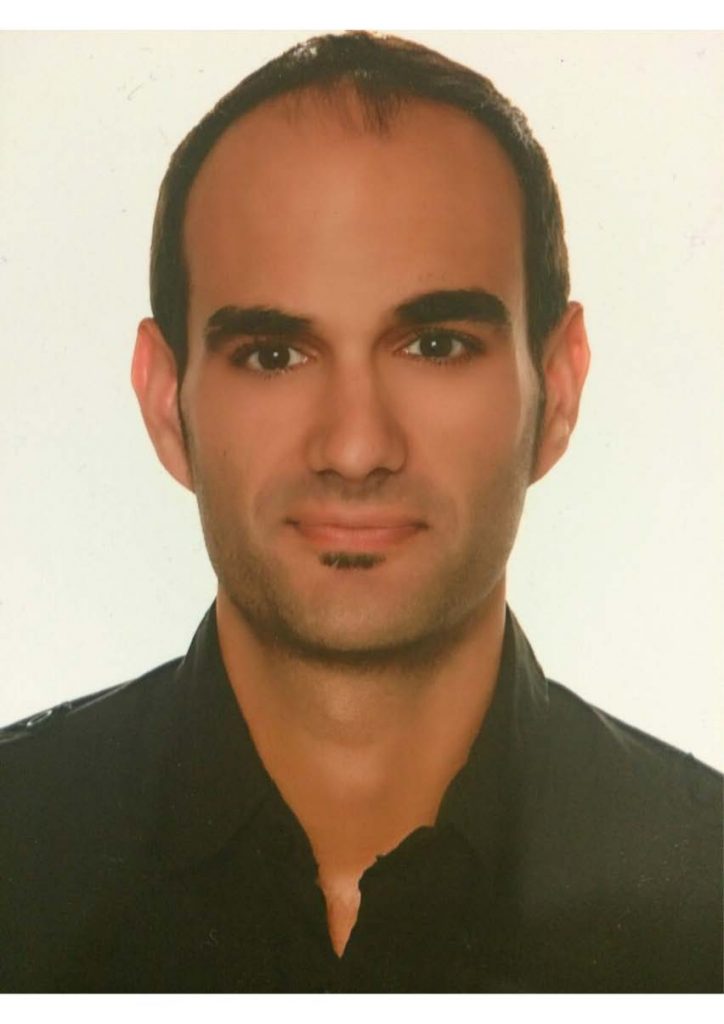
Each year the Endocrine Society recognizes endocrinologists who are in the early stages of their research careers by giving out the Early Investigator Awards. Endocrine News spoke to the five researchers from around the world to find out more about their award-winning research, the award’s potential impact, as well as how the COVID-19 pandemic has affected their research and their lives.
Much has been written about the impact of the global pandemic on science over the past year. There are, however, many stories of progress and breakthroughs in research that highlight the perseverance of scientists who soldiered on during 2020 to continue to impact the health and lives of global citizens. Five such endocrine researchers in the blossoming stages of their careers have been recognized with the Endocrine Society’s 2021 Early Investigator Award.
The winners are: Himanshu Arora, PhD, of the University of Miami in Coral Gables, Fla.; Ana Aulinas, MD, PhD, of the Hospital de Sant Pau in Barcelona, Spain; Athansisos Bikas, MD, PhD, of Brigham and Women’s Hospital in Boston; Juan Brito, MD, of the Mayo Clinic in Rochester, Minn.; and Manuel D. Gahete, PhD, of the University of Córdoba in Andalusia, Spain.
In part 5 of our 2021 Researchers Roundtable feature, here is our conversation with Manuel D. Gahete, PhD, of the University of Córdoba in Andalusia, Spain.
Endocrine News: To get an idea of who comprises our “early investigators,” can you share at what stage you are in your fellowship or year as faculty?
Manuel D. Gahete: I obtained my PhD 10 years ago and after a three-year postdoctoral training at the University of Illinois at Chicago, then returned to Spain to start an independent career as a principal investigator (PI). In 2019, I obtained a tenure-track position and recently I have been appointed associate professor at the University of Cordoba.
EN: What inspired you to apply for the award?
Gahete: I have been closely connected with the activities of the Endocrine Society from the beginning of my research career. Indeed, I received a “Summer Research Fellowship” at the very beginning of my scientific training, and I have been an affiliated member of the Society for many years. This active participation in different initiatives inspired me to apply for the award with the support of the institutions wherein I have developed my research activity.
“This award boosts my enthusiasm and dedication to continue with the research in the endocrinology field. From a broader point of view, it will contribute to visualize the support and recognition of one of the most relevant Societies in the field to the research work I have developed during the earliest stages of my career, which will help to consolidate my emerging position within the endocrine field.” – Manuel D. Gahete, PhD, University of Córdoba, Andalusia, Spain
EN: Please explain your research in a few sentences.
Gahete: My research activity has been focused in understanding the crosstalk between pivotal neuroendocrine players like somatostatin, ghrelin, growth hormone or IGF-I, and, particularly, novel splicing variants thereof, and various human pathologies (mainly, endocrine-related cancers and metabolic diseases such as obesity and diabetes) to identify and characterize novel and relevant molecules that could be used as diagnostic, prognostic, and/or therapeutic markers for these diseases.
EN: What have been the biggest challenges of doing your work during the pandemic?
Gahete: The pandemic has represented a substantial obstacle for the advance of both research activities and teaching duties. Here, in Spain, we have suffered a complete lockdown of all the non-essential activities, which implied the virtualization of the research and teaching during many months. Maybe the adaptation of all the virtual activities has represented the biggest challenge during the pandemic.
EN: How do you hope winning the Early Investigator Award will help support your goals as an endocrine scientist?
Gahete: This award represents an important milestone in my scientific career in that it implies the recognition of the accomplishments gathered as an endocrine researcher. The repercussion of such a well-renowned international award will undoubtedly help support my scientific activity. From the personal perspective, this award boosts my enthusiasm and dedication to continue with the research in the endocrinology field. From a broader point of view, it will contribute to visualize the support and recognition of one of the most relevant Societies in the field to the research work I have developed during the earliest stages of my career, which will help to consolidate my emerging position within the endocrine field.
Fauntleroy Shaw is freelance writer based in Carmel, Ind. She authors the monthly Laboratory Notes for Endocrine News.

